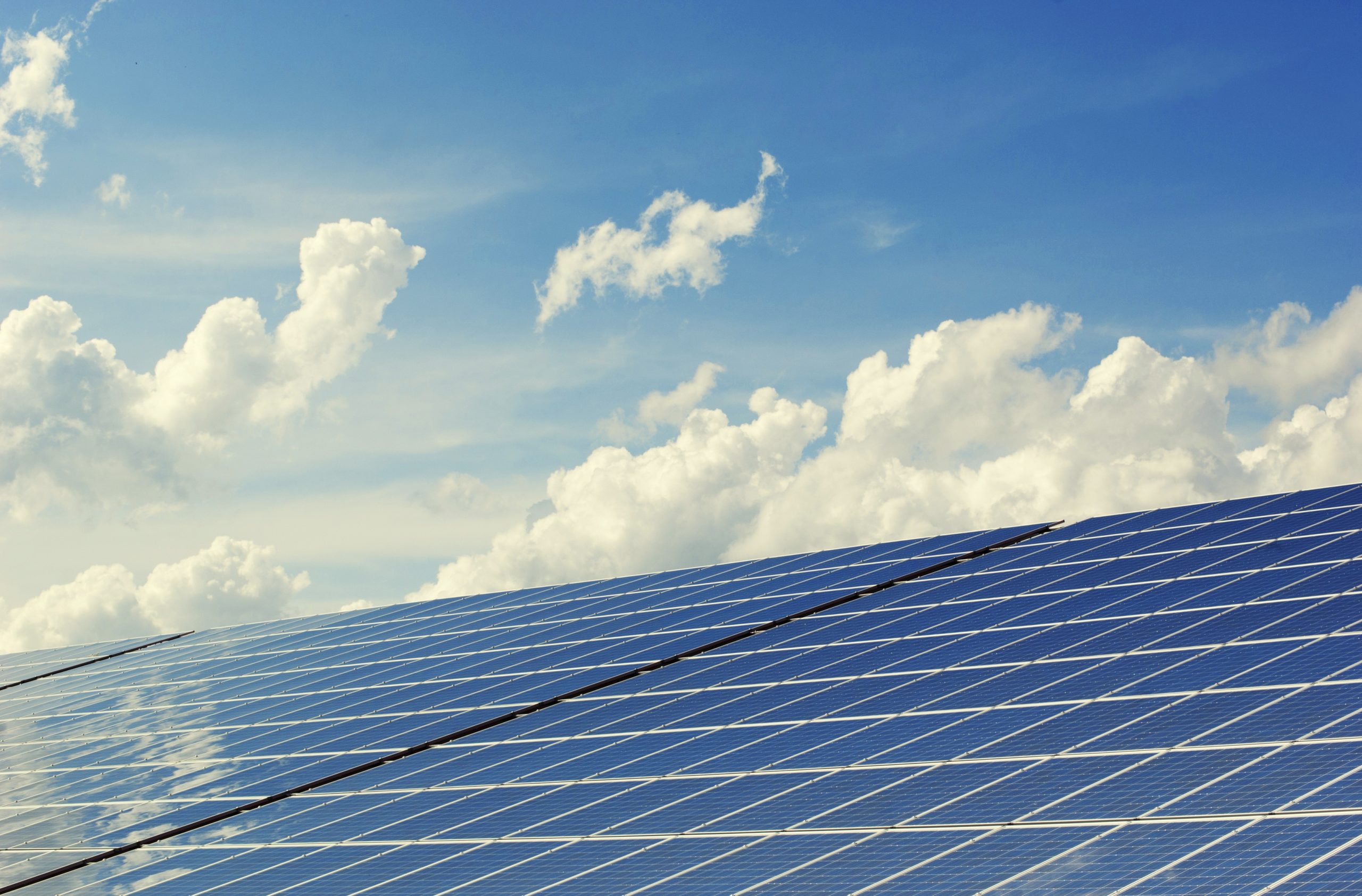
Thinking about generating your own energy?
Which low carbon technology is right for your business?
You may at some point be considering decarbonising your energy usage. The simplest way this can be done is of course by switching to an energy supplier who specialises in low carbon energy.
Or you can go one step further, and install renewable energy generation such as solar panels, micro wind turbines, geothermal systems, or biomass installations.
Though the question is: which is the right option for your business? Our team is always there to support you. We can simplify technical terminology and provide clear cost comparisons, ensuring you have the information you need to make informed choices.
The simplest energy options that are most applicable to businesses based in Oxfordshire include:
Solar panels
- Remember, solar panels produce electricity during the day, and more in the summer than the winter, so consider how that fits with your energy use.
- Any electricity you generate that is not used on site when it is produced will be exported to the grid. Usually the payment per kWh is less than what you will pay to your supplier – see this information on the Smart Export Guarantee
- If solar generation does not match your patterns of energy use, installing battery storage can provide more low-cost energy to the building.
- Find out if your building could be suitable for hosting a Low Carbon Hub installation.
- The Centre for Sustainable Energy have a solar PV assessment calculator to support more communities to get solar power which will provide easy, quick, accurate, and independent predictions about the viability of solar PV on buildings.
Heat pumps
- If your building’s heating system is nearing the end of its life, it can be a good idea to replace it with efficient heat pumps that run on electricity, but doing so requires careful planning.
- Ground or air source heat pumps can use existing heating pipework. They are best suited to buildings that are well-insulated – which of course should be part of your energy efficiency planning too.
- Certain heat pump designs can also offer efficient cooling during hot weather!
Other options
There are of course a whole list of other energy generation options, though these have certain complexities, and are much less likely to be suitable for your business, in particular if it is based in Oxfordshire.
Just for reference, these other options include:
Biomass Energy: Using organic materials like wood, agricultural residues, and even municipal waste to produce energy through combustion or biofuel production.
Geothermal Energy: Tapping into the Earth’s internal heat by utilizing geothermal heat pumps or power plants to generate electricity and heat buildings.
Tidal and Wave Energy: Capturing the energy from the rise and fall of tides and the motion of ocean waves to generate electricity.
Ocean Thermal Energy: Utilizing the temperature difference between the warm surface waters and cold deep waters of the ocean to produce power.
Micro-hydropower: Small-scale hydropower systems suitable for individual homes or small businesses with access to flowing water.
Biomethane: Producing renewable natural gas by capturing and refining methane emissions from landfills, wastewater treatment plants, and agricultural sources.
Hydrogen Fuel Cells: Generating electricity by combining hydrogen and oxygen in a chemical reaction, with hydrogen produced from renewable sources.
EV chargers
EV chargers, while not reducing energy usage, can promote the use of electric vehicles (EV) to support carbon emission and pollution reduction.
- Ensure you’re aware of whether you require permission for installing EV chargers on your premises. You can find relevant information on the Oxfordshire County Council‘s website.
- You will need to consider how chargers will be looked after, and any issues addressed.
- Depending on the battery size of the EV and the type of charger, it can take anywhere from 45 minutes to 12 hours to charge a car, which is more suitable for longer stays or overnight charging.
- Chargers can also have security systems to limit access, as well as include payment systems.
